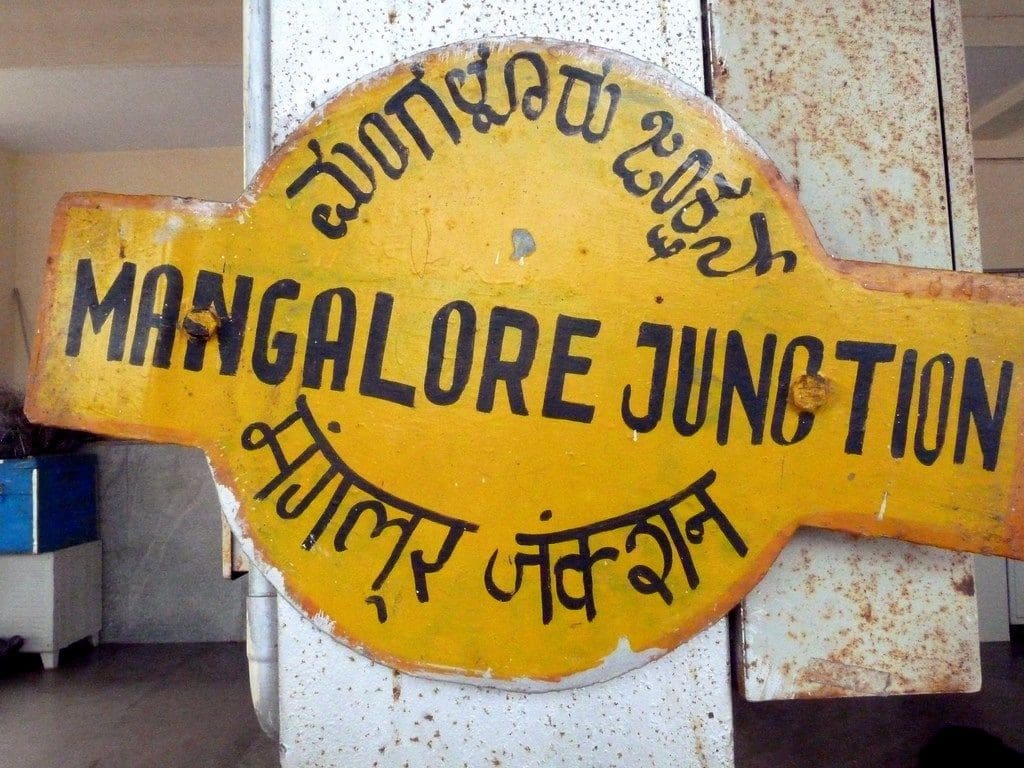
To a superficial observer it may appear as though India is a land mass occupied by diverse social, religious and linguistic groups putting on a mantle of political unity. But a careful study of its present day institutions reveals that they are built on the solid foundation of a rich and ancient culture evolved over a period of at least five thousand years. Different shades of Indian culture represented by different linguistic groups, big or small, are often mistaken for heterogeneous cultures. It is only a careful study in depth of the religious and social institutions by scholars devoted to historical research that can bring to surface the underlying unity and richness of India’s culture.
The tract of land on the west coast peninsular India comprising the modern districts of South Kanara, Udupi and the coastal belts of North Kanara historically famed as TULUNAD – the land of the Tuluvas. The bewildering variety and amazing richness of cultural distinctions, both singular and synchronistic, have been so over-whelming that an over-all picture of this culture based on political, socio-economic, religious and philosophical foundations needs to be studied in detail.
Tulunad – where different religions, cultures, casts and communities live harmoniously maintaining their individual identity, yet for an outsider it appears to be one big social group. Where else we can find such “unity in diversity”. Reputed educational institutions, five large nationalized banks, seaport, airport, road and rail network are all the proud possessions of Tulunad.
Tuluvas are known for their communal harmony, broad mindedness, high literacy level, entrepreneurial ability, dedication, hard work, loyalty and professionalism in all fields.

Be the first to comment